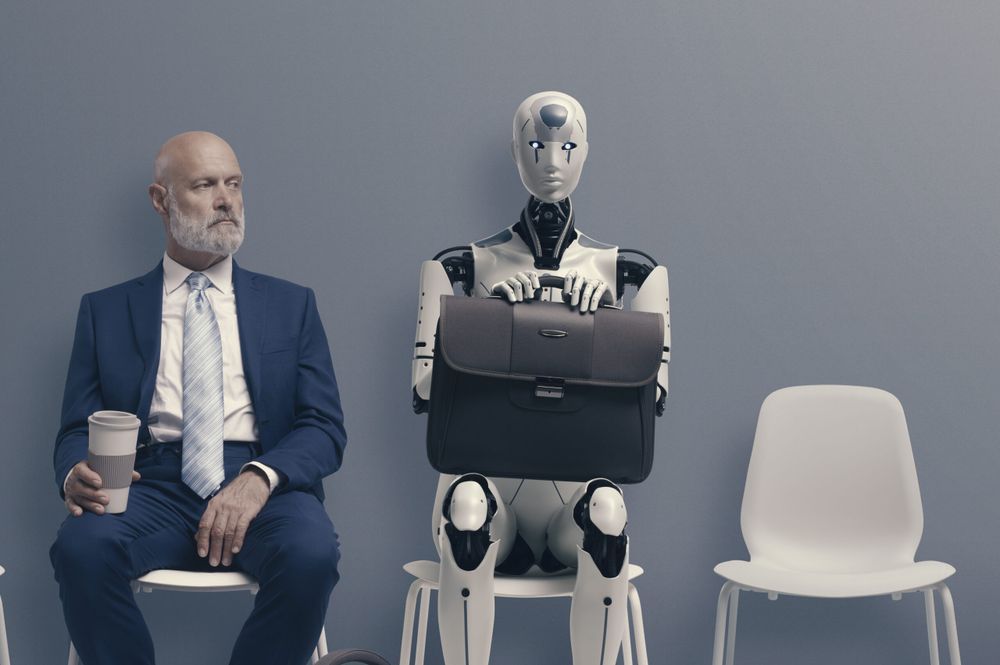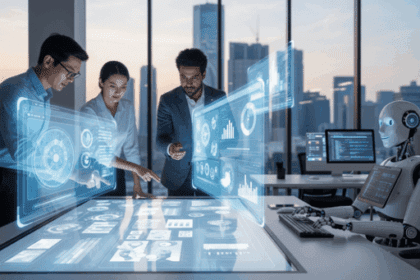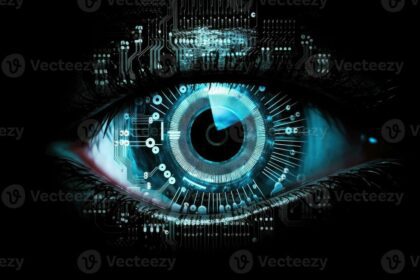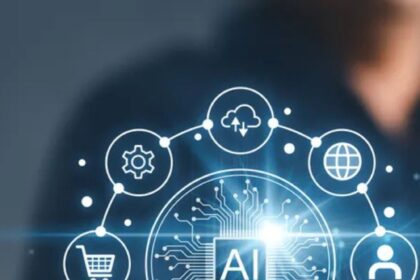Artificial intelligence is reshaping the workforce at lightning speed. From automating data entry to drafting marketing campaigns, many roles are being redefined or displaced. Yet not all jobs are equally vulnerable. Some professions remain resilient because they rely on qualities machines cannot replicate: human empathy, ethical judgment, complex creativity, or hands-on dexterity in unpredictable environments. These roles are not immune forever but for now, they represent safe havens in an era of disruption.
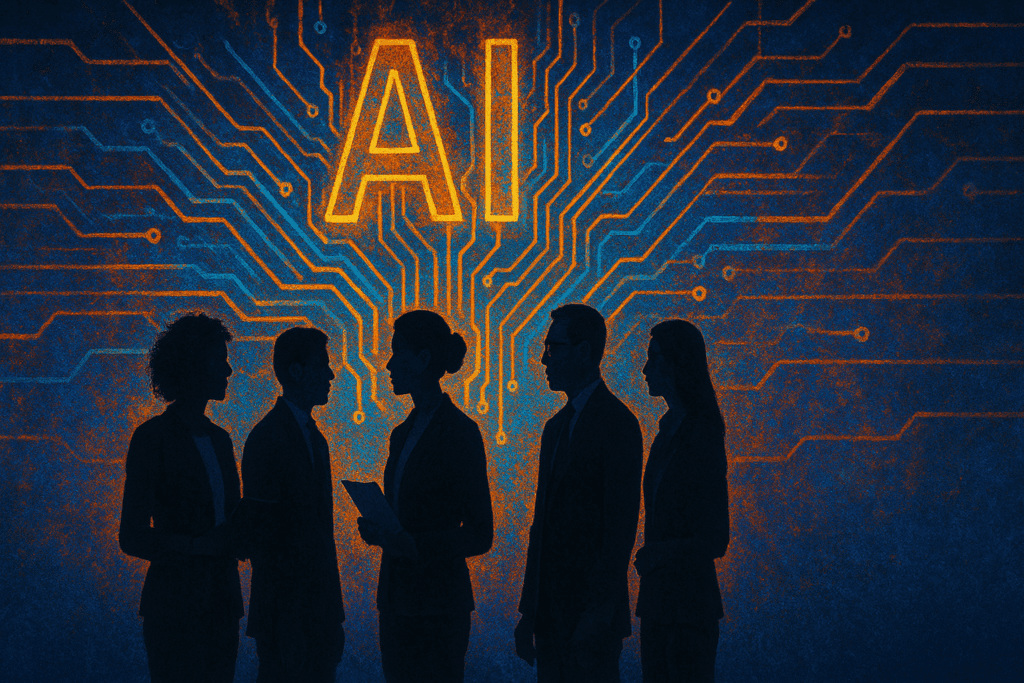
1. Healthcare Professionals: Where Empathy Matters Most
Doctors, nurses, therapists, and caregivers rely on a blend of clinical expertise and human compassion that AI cannot fully replace. While AI can diagnose scans or predict patient risks, patients still trust human providers for empathy, reassurance, and nuanced decision-making.
Example: A 2024 AMA survey found 83% of patients prefer human doctors over AI in critical health discussions, even when AI showed higher diagnostic accuracy.
Takeaway: The human touch in healthcare remains irreplaceable, making it one of the safest fields for now.
2. Skilled Trades: Hands-On Work AI Can’t Automate Easily
Electricians, plumbers, welders, and construction workers face little threat from AI because their work is physical, context-specific, and often requires improvisation. Robots struggle in unpredictable, real-world settings that aren’t standardized like a factory floor.
Data Point: U.S. Bureau of Labor Statistics projects 7% growth in skilled trade jobs by 2030, partly because automation adoption in these fields remains low.
Takeaway: Skilled trades demand adaptability and problem-solving in diverse environments something machines can’t match yet.
3. Creative Professions: Originality Over Automation
Writers, artists, designers, and filmmakers are leveraging AI tools but the spark of originality and cultural insight remains human-led. AI can mimic patterns, but it cannot create art rooted in lived experience.
Example: Taylor Swift’s Eras Tour (2023–2024) demonstrated the value of authenticity, generating over $1 billion in revenue something no AI could replicate.
Takeaway: AI can assist in creative work, but cultural resonance still depends on human perspective.
4. Leadership & Strategy Roles: Human Judgment at the Helm
CEOs, managers, negotiators, and policymakers require strategic thinking, ethical decision-making, and emotional intelligence. AI can model scenarios but cannot replace trust-based leadership.
Expert Insight: Harvard Business Review notes that 70% of employees are more engaged under empathetic leaders, a quality AI cannot simulate.
Takeaway: The ability to inspire, motivate, and guide teams remains firmly in human hands.
5. Education & Childcare: Teaching Beyond Textbooks
Teachers, early childhood educators, and mentors are safe from AI disruption because learning is relational. While AI tutors can drill math problems, they cannot replace encouragement, social development, and individualized support.
Example: UNESCO’s 2024 Global Education Report highlights that students in hybrid classrooms with strong human teachers outperform AI-only learning environments by 22%.
Takeaway: Human educators nurture more than knowledge they build confidence, values, and community.
6. Mental Health & Counseling: Emotional Intelligence Over Algorithms
Psychologists, counselors, and social workers provide nuanced emotional support that AI cannot replicate. Chatbots can offer generic advice but lack the trust and connection needed for deep healing.
Data Point: The World Health Organization projects a 25% rise in demand for mental health professionals by 2030, with AI seen as a supplement, not a substitute.
Takeaway: Healing requires empathy, presence, and trust not just data analysis.
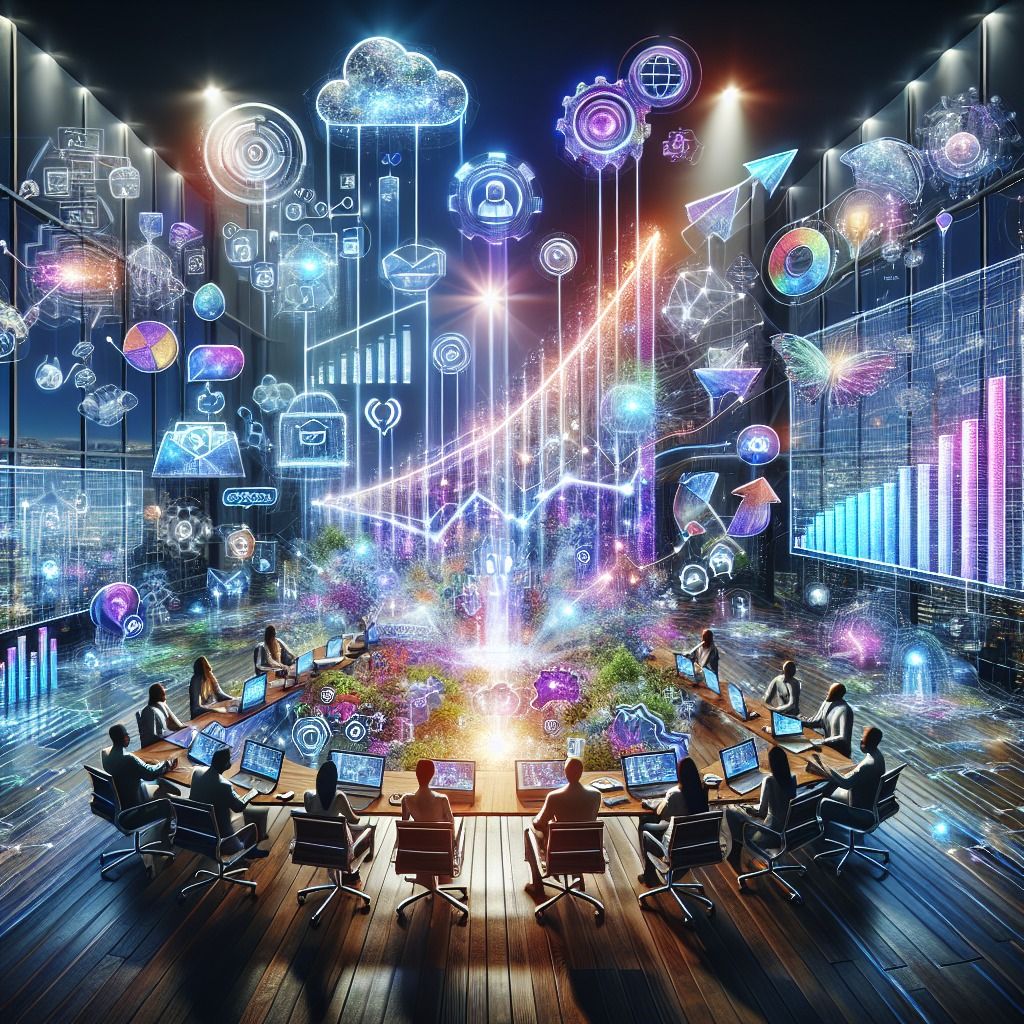
Conclusion: Human Skills Are the True Moat
The safest jobs in the AI age share one thing: deeply human skills. Empathy, ethics, adaptability, and creativity remain hard to codify into algorithms. While no role is permanently safe, careers anchored in uniquely human value will continue to thrive at least until AI evolves beyond its current limits.
Actionable Insight: To future-proof your career, invest in human-centric skills emotional intelligence, problem-solving, leadership, and creativity because these remain AI’s blind spots.

